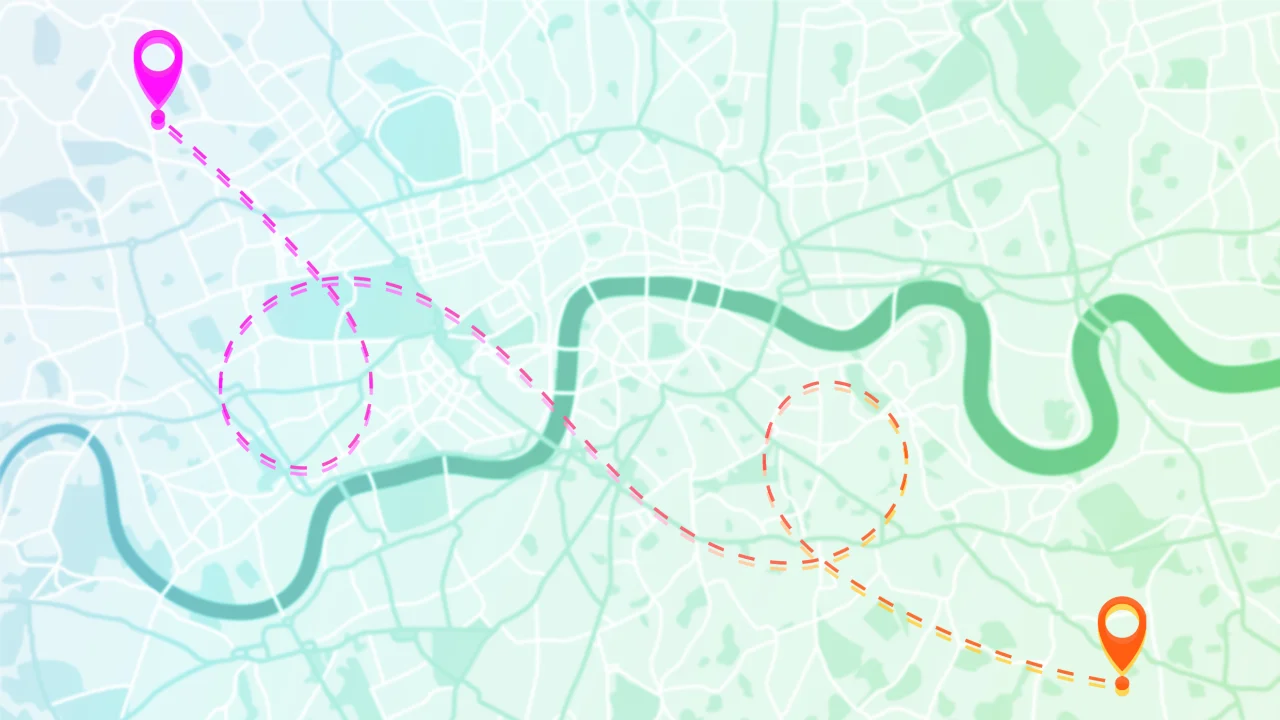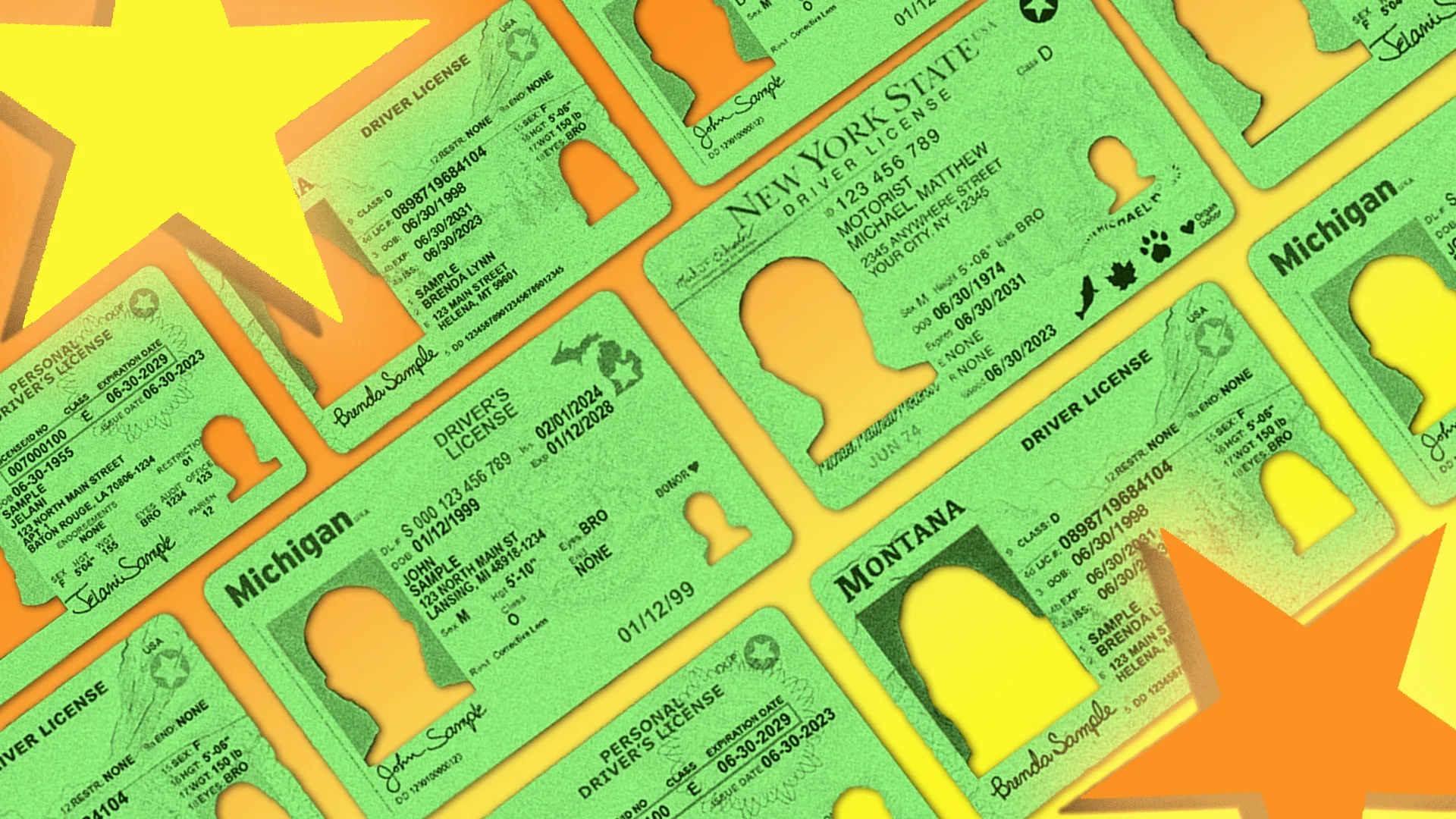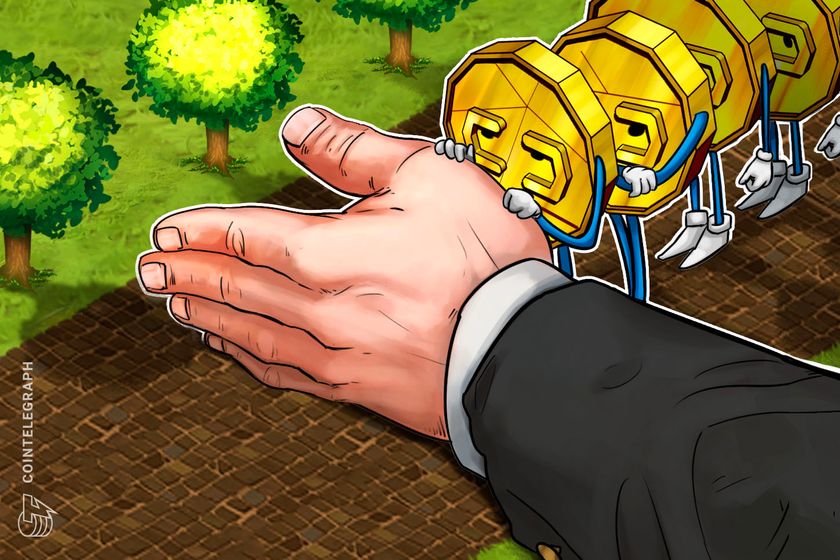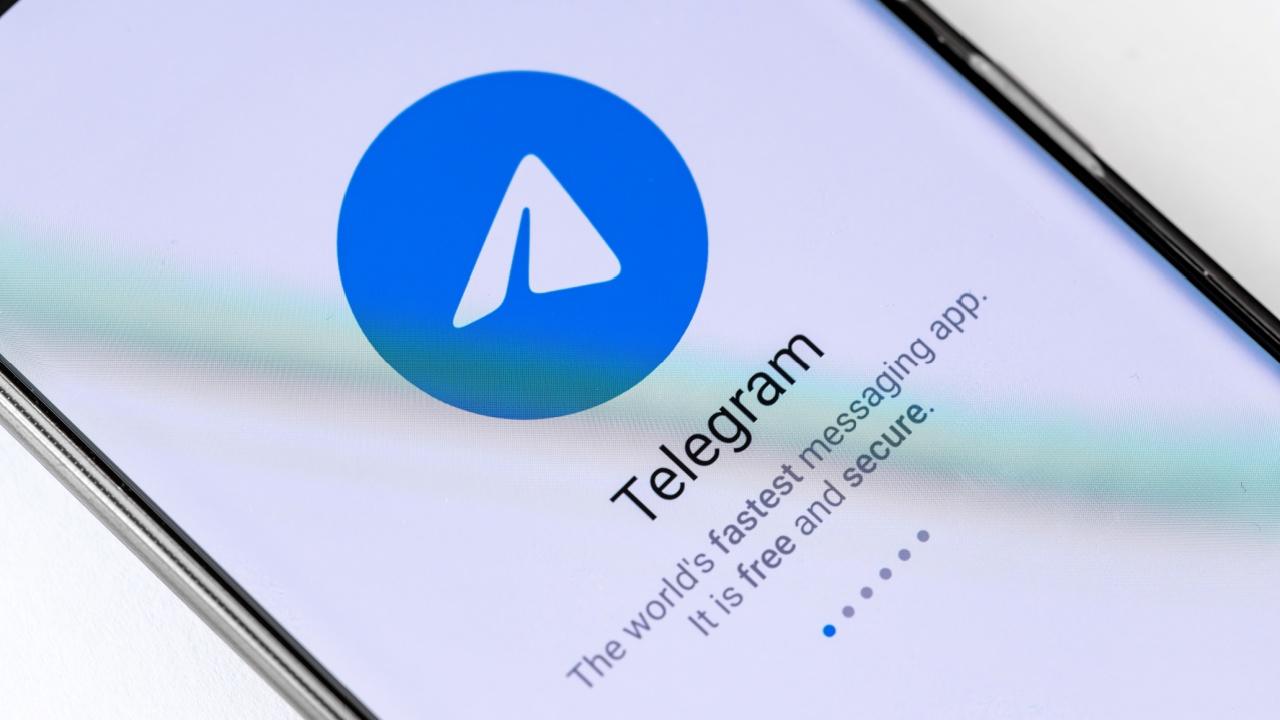How to Create Strong Passwords, Privacy and Security for Dummies
Intro Passwords is a very complicated topic, they serve as a barrier for protecting sensitive information from bad actors, in today's age, more and more people are using the internet, and you're probably not surprised to know that most of them still use dangerously simple passwords which can put them in a lot of harm , luckily, for an average user, there are only a few steps to take to drastically improve your account security and to create passwords that are near impossible to crack, so let me show you some of them. What does a Strong Password Look Like? If you want to create a strong password, then there are simple rules that you can follow to do so, the most important ones to keep in mind: It should consist of a minimum of 16 characters It should contain all types of characters including upper and lowercase letters, numbers and special characters Don't use obvious things that can be deduced by hackers using social engineering (like putting your birthday, your pet's name or your son's birth year) These rules are simple, and that's the point of it, creating a good password is easy, yet a lot of people ignore, it's 2025 and there are still people who use "password" as their password If you want to check how strong the password you created is, you can visit useapassphrase to see how long it'll take to crack your password The Most Important Rule : Never Reuse Passwords This point is still being underestimated by a lot of people I can't stress enough how important this point this, because no matter how strong you're password is, a big part of this strength is gone when you use the same password everywhere, this means that you're putting all of your eggs in one basket, because the moment that one of the sites you used that password gets compromised (and that happens a lot more than you think), all of your other accounts will become instantly compromised, and to fix this problem, you'll have to go account by account resetting your password, that's a lot of effort, not the mention the damage that would've been already done by the time you get around to fixing it. The takeaway here, there's no point of knowing how to create a strong password if you'll use everywhere. Better Alternatives : Passphrases This is make managing your accounts much easier So we've talked briefly about the topic of passwords and how you can go about creating strong passwords and the rules to follow to maintain a good level of security, yet, passwords still have some downsides, the biggest one being that they are hard to remember, if you create a password that are 16 characters of random gibberish, firstly, it'll take a lot of effort to memorize this password, the first option are to store it physically by writing it down (but if you lose it, then it's game over), the other option is to store digitally using a password manager (please don't put your passwords in your notes app), the second option is probably the better one and we'll discuss later, secondly, 16-character password are strong but not as strong as the alternative, that alternative being passphrase To put it simply, passphrases are a group of regular words (mostly 4 words but the more the better) that we use in life separated by a space, now you might think that passphrases are weak because a hacker can easily guess the words you typed and then you're toast, but that's not the case actually, in a passphrase , you should use a combination of words that aren't common in everyday use (not in the top 1000 most frequent used words in your language), and the words shouldn't be related to you or to each in any way, that make cracking such passphrases incredibly difficult, even more difficult than a regular password! You also use useapassphrase to generate strong passphrases to use, if you prefer to use an offline method, you can try out passphraseme Another upside of passphrases is that they're easy to remember, they maybe hard at first but after typing them for few times, you'll develop the muscle memory that'll make you type instantly in the future, this isn't the case for passwords as they're very difficult to memorize, this is perfectly encapsulated by the xkcd comic To cap it off, a strong passphrase should have the following: A minimum of four words (more is better but harder to remember) The words should be uncommon in daily use They shouldn't be related to your life and activities in any way Easy to memorize after a few times of typing it If you're interested in taking your account security, you should definitely look into password managers but that's a topic for a different day Be good people!
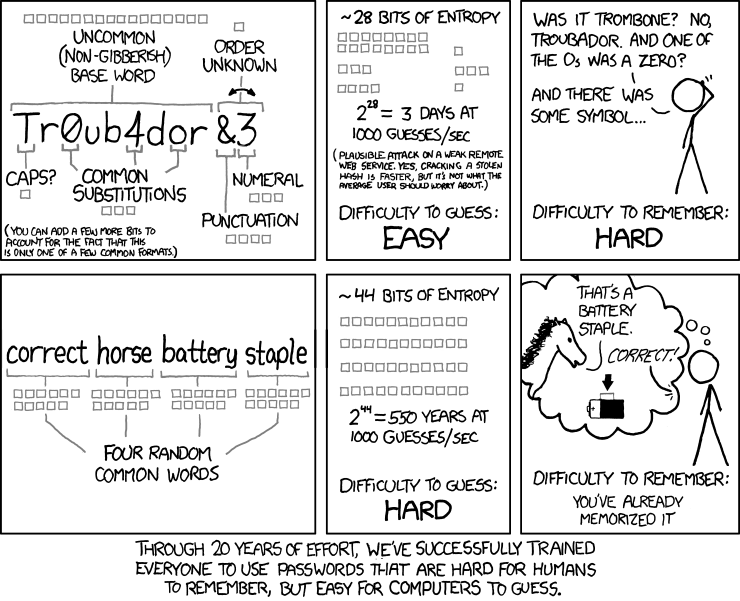
Intro
Passwords is a very complicated topic, they serve as a barrier for protecting sensitive information from bad actors, in today's age, more and more people are using the internet, and you're probably not surprised to know that most of them still use dangerously simple passwords which can put them in a lot of harm , luckily, for an average user, there are only a few steps to take to drastically improve your account security and to create passwords that are near impossible to crack, so let me show you some of them.
What does a Strong Password Look Like?
If you want to create a strong password, then there are simple rules that you can follow to do so, the most important ones to keep in mind:
- It should consist of a minimum of 16 characters
- It should contain all types of characters including upper and lowercase letters, numbers and special characters
- Don't use obvious things that can be deduced by hackers using social engineering (like putting your birthday, your pet's name or your son's birth year)
These rules are simple, and that's the point of it, creating a good password is easy, yet a lot of people ignore, it's 2025 and there are still people who use "password" as their password
If you want to check how strong the password you created is, you can visit useapassphrase to see how long it'll take to crack your password
The Most Important Rule : Never Reuse Passwords
This point is still being underestimated by a lot of people
I can't stress enough how important this point this, because no matter how strong you're password is, a big part of this strength is gone when you use the same password everywhere, this means that you're putting all of your eggs in one basket, because the moment that one of the sites you used that password gets compromised (and that happens a lot more than you think), all of your other accounts will become instantly compromised, and to fix this problem, you'll have to go account by account resetting your password, that's a lot of effort, not the mention the damage that would've been already done by the time you get around to fixing it.
The takeaway here, there's no point of knowing how to create a strong password if you'll use everywhere.
Better Alternatives : Passphrases
This is make managing your accounts much easier
So we've talked briefly about the topic of passwords and how you can go about creating strong passwords and the rules to follow to maintain a good level of security, yet, passwords still have some downsides, the biggest one being that they are hard to remember, if you create a password that are 16 characters of random gibberish, firstly, it'll take a lot of effort to memorize this password, the first option are to store it physically by writing it down (but if you lose it, then it's game over), the other option is to store digitally using a password manager (please don't put your passwords in your notes app), the second option is probably the better one and we'll discuss later, secondly, 16-character password are strong but not as strong as the alternative, that alternative being passphrase
To put it simply, passphrases are a group of regular words (mostly 4 words but the more the better) that we use in life separated by a space, now you might think that passphrases are weak because a hacker can easily guess the words you typed and then you're toast, but that's not the case actually, in a passphrase , you should use a combination of words that aren't common in everyday use (not in the top 1000 most frequent used words in your language), and the words shouldn't be related to you or to each in any way, that make cracking such passphrases incredibly difficult, even more difficult than a regular password!
You also use useapassphrase to generate strong passphrases to use, if you prefer to use an offline method, you can try out passphraseme
Another upside of passphrases is that they're easy to remember, they maybe hard at first but after typing them for few times, you'll develop the muscle memory that'll make you type instantly in the future, this isn't the case for passwords as they're very difficult to memorize, this is perfectly encapsulated by the xkcd comic
To cap it off, a strong passphrase should have the following:
- A minimum of four words (more is better but harder to remember)
- The words should be uncommon in daily use
- They shouldn't be related to your life and activities in any way
- Easy to memorize after a few times of typing it
If you're interested in taking your account security, you should definitely look into password managers but that's a topic for a different day
Be good people!




























![[Webinar] AI Is Already Inside Your SaaS Stack — Learn How to Prevent the Next Silent Breach](https://blogger.googleusercontent.com/img/b/R29vZ2xl/AVvXsEiOWn65wd33dg2uO99NrtKbpYLfcepwOLidQDMls0HXKlA91k6HURluRA4WXgJRAZldEe1VReMQZyyYt1PgnoAn5JPpILsWlXIzmrBSs_TBoyPwO7hZrWouBg2-O3mdeoeSGY-l9_bsZB7vbpKjTSvG93zNytjxgTaMPqo9iq9Z5pGa05CJOs9uXpwHFT4/s1600/ai-cyber.jpg?#)











































































































































![[The AI Show Episode 144]: ChatGPT’s New Memory, Shopify CEO’s Leaked “AI First” Memo, Google Cloud Next Releases, o3 and o4-mini Coming Soon & Llama 4’s Rocky Launch](https://www.marketingaiinstitute.com/hubfs/ep%20144%20cover.png)





























































































































![[FREE EBOOKS] Machine Learning Hero, AI-Assisted Programming for Web and Machine Learning & Four More Best Selling Titles](https://www.javacodegeeks.com/wp-content/uploads/2012/12/jcg-logo.jpg)








































































![Rogue Company Elite tier list of best characters [April 2025]](https://media.pocketgamer.com/artwork/na-33136-1657102075/rogue-company-ios-android-tier-cover.jpg?#)








































































_Andreas_Prott_Alamy.jpg?width=1280&auto=webp&quality=80&disable=upscale#)





























































































![What’s new in Android’s April 2025 Google System Updates [U: 4/18]](https://i0.wp.com/9to5google.com/wp-content/uploads/sites/4/2025/01/google-play-services-3.jpg?resize=1200%2C628&quality=82&strip=all&ssl=1)










![Apple Watch Series 10 Back On Sale for $299! [Lowest Price Ever]](https://www.iclarified.com/images/news/96657/96657/96657-640.jpg)
![EU Postpones Apple App Store Fines Amid Tariff Negotiations [Report]](https://www.iclarified.com/images/news/97068/97068/97068-640.jpg)
![Apple Slips to Fifth in China's Smartphone Market with 9% Decline [Report]](https://www.iclarified.com/images/news/97065/97065/97065-640.jpg)




































































